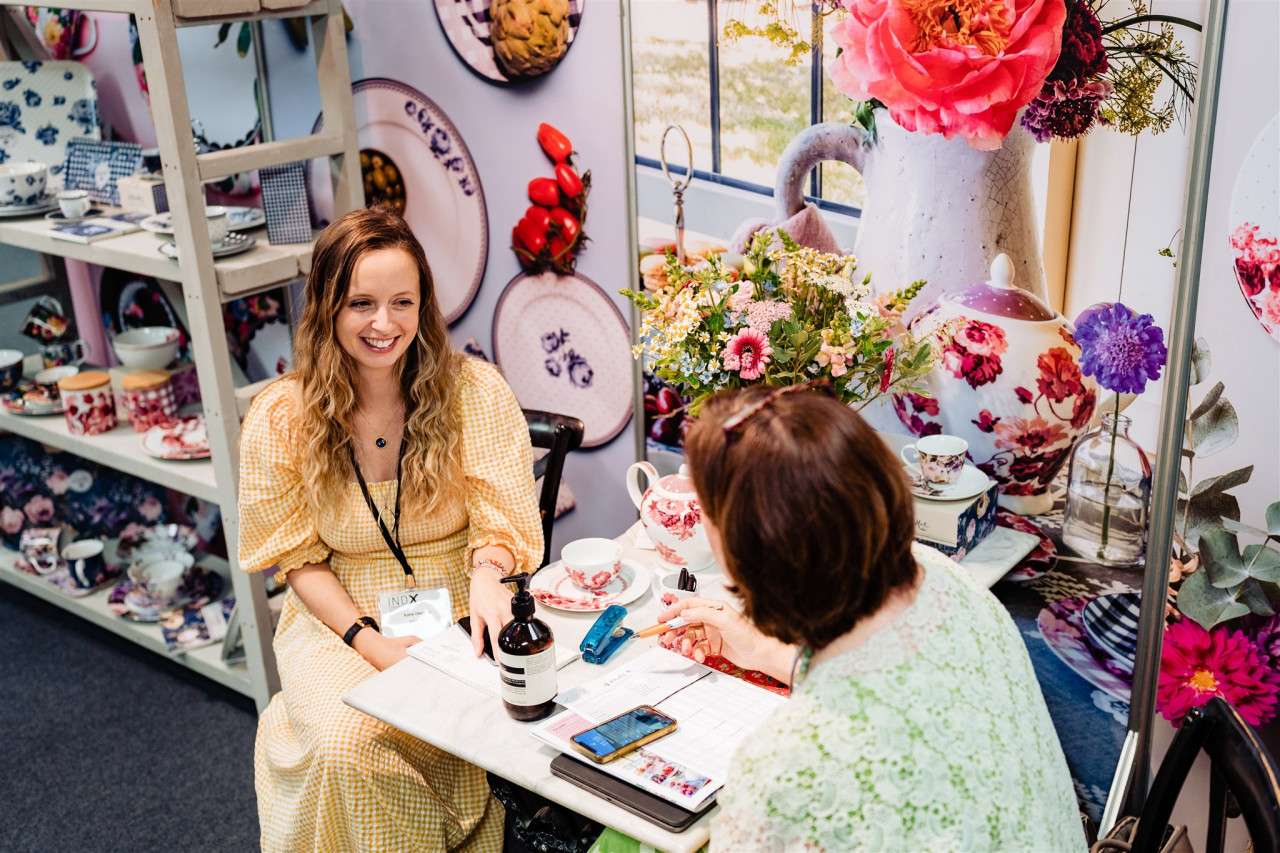In today's competitive landscape, businesses are constantly looking for ways to reduce costs whilst maintaining high standards and providing an exceptional level of service or product. One strategy that has gained popularity in recent years is partnering with Group Purchasing Organisations, also known as a GPO. These groups offer a unique opportunity for businesses to leverage collective buying power, negotiate better deals, and streamline their purchasing processes. In this article, we’ll look more at what a Group Purchasing Organisation is, exploring how it can benefit businesses of all sizes and how it compares to a buying group.
What is a Group Purchasing Organisation
Group purchasing organisations negotiate contracts with suppliers on behalf of their members. Unlike buying groups, GPOs can work across multiple industries and sectors, catering to a diverse range of businesses. As a result, group purchasing organisations leverage the combined purchasing power of their members to secure substantial discounts and favourable terms from their suppliers. A GPO will usually charge their members a fee or receive a percentage of the savings.
By partnering with a GPO, businesses can streamline their purchasing processes and gain access to a huge portfolio of pre-negotiated contracts. This enables them to save time, reduce administrative, and focus on core business activities and bottom line.
Who Can Benefit from Using a Group Purchasing Organisation?
A group purchasing organisation will often work across multiple industries and sectors and cater to a wide range of industries. This can range from healthcare facilities, hospitality venues manufacturing companies, retail industry and many more.
What is a Buying Group?
A buying group is a group of businesses that come together to buy in bulk with a larger purchasing volume. They may or may not have a dedicated team of experts to help them negotiate discounts. Buying groups typically have a smaller network of suppliers than GPOs and may not be able to negotiate as good of deals.
One of the main advantages of joining a buying group is the ability to access lower prices that are available only to larger businesses. Small and medium-sized enterprises (SMEs) can level the playing field and compete with larger competitors by leveraging the collective bargaining power of the group. Also, buying groups can provide networking opportunities, knowledge sharing platforms, and access to industry insights.
Differences Between Buying Group & a GPO
While both buying groups and group purchasing organisations aim to maximise cost savings through collective purchasing power, there are some key differences that businesses should consider.
Firstly, the primary purpose of a group purchasing organisation is to negotiate discounts on products and services for their members where a buying group operates through buying power. Rather than negotiating discount for their members, they can buy in bulk at a lower unit cost.
Furthermore, a buying group usually consist of independent businesses, while a GPO can include a mix of businesses, healthcare providers, educational institutions, and other organisations. Often, buying groups will work within a specific industry where a GTO will operate in multiple industries.
Save Money with the UK’s Leading Buying Group In Fashion
Regardless of whether you’re looking for a group purchasing organisation or a buying group, Associated Independent Stores can save you money. As the UK’s leading buying group for fashion, homeware and leisure, our staff can offer expert advice, including information on industry trends to all our members. If you’re looking to become a member of a leading buying group, look no further! Apply to become a member today online or alternatively call 0121 711 2200 or email membership@aistores.co.uk for more information.



